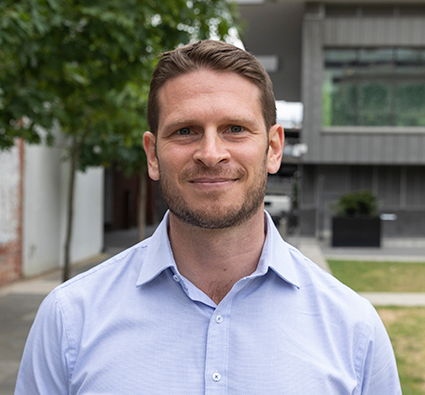Presenters
- Heather Wallace, Australian Catholic University
- Teoni McHale, Australian Catholic University
- Lia Catanzariti, Australian Catholic University
Abstract
Background
It is important for midwifery students to have the opportunity to gain global perspectives, facilitating the development of culturally safe practice and cultural insights. Concurrently, participation in community engagement (CE) in international settings provides rich opportunities for sharing knowledge, meaningful collaboration and potentially life-changing paradigm shifts.
ACU midwifery students are required to complete 40 hours of CE. Previously, many achieved this through participation in a highly anticipated Short-Term International Study Experience (STISE), however due to Covid-19 and closed borders, this opportunity has temporarily ceased.
Despite the travel restrictions, we wanted to provide students with an alternate international CE opportunity, to facilitate connection, understanding and friendship with midwifery students in other global settings.
Pivoting
To do this, we pivoted the Vanuatu STISE program. Collaborating with Ni-Vanuatu colleagues, we designed a virtual 6 week ‘online’ international program, incorporating interactive, ‘virtually immersive’ experiences, including Zoom meetings, presentations, and membership to a closed Facebook group, whereby our students shared aspects of midwifery care and education with Ni-Vanuatu students.
Additionally, students from both countries collaborated to create evidence-based, culturally appropriate learning resources/health promotion materials for use by midwives and students in Ni-Vanuatu health settings. The program concluded with an online sharing session of the co-developed resources.
Outcomes and implications
The virtual STISE enabled the strengthening of the long-standing connection ACU’s midwifery program has with the midwifery education and service sectors in Vanuatu.
The students formed connections and shared experiences, while developing mutual understanding, knowledge and insights, in respectful, collaborative, Covid-safe ways. It provided students the opportunity to strengthen communication and health promotion skills and contribute meaningfully towards potentially improving maternal health outcomes in Vanuatu through the development of evidence based, culturally appropriate resources.

